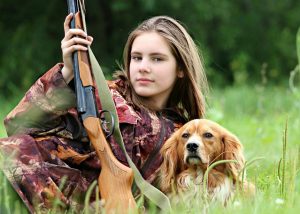
By Katherine Williams
Tracking deer in the mountains or through the winter forests? You need this checklist for cold weather hunting kit before you leave.
Hunting trips taken in winter yield great results for the experienced hunter. There is certain prey that only comes out in the cold months. The early days of winter are when that prey is fattest, having spent all summer and autumn getting ready to hibernate. If you can tap into this potential for prosperous hunting and find those animals early on, you stand in good stead for a winter filled with good eating.
But cold weather hunting isn’t a beginner’s sport. It’s not entry-level. Going out hunting in winter takes years of experience, a good gut instinct, and more knowledge than a new hunter racks up in his first few seasons. Even if you have been out in the field for years now, you can still make mistakes. When you’re cold weather hunting, mistakes can get you killed.
Gear is the Basic Mistake in Cold Weather Hunting
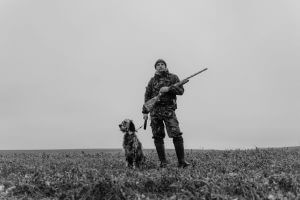 There are two basic mistakes that hunters make before they try a winter trip. One is that they don’t have enough experience. Newer hunters might underestimate the terrain, the cold, or the harshness of the conditions. Asides from experience, the other mistake is in unreliable gear.
There are two basic mistakes that hunters make before they try a winter trip. One is that they don’t have enough experience. Newer hunters might underestimate the terrain, the cold, or the harshness of the conditions. Asides from experience, the other mistake is in unreliable gear.
When you are alone on a mountain for a week, you need gear you can trust. Your kit must be worthy of saving your life. If your fire-making skills fail, or your heaters don’t work, if your clothes aren’t waterproof or your feet stay damp – all of these things can catch you out, isolate you, and lead to a painful death from hypothermia. Your cold weather hunting gear needs to be expert level, even if your experience isn’t.
For this reason, we always tell people that they should buy quality gear over cheaper materials. Make sure you buy gear with warranties and guarantees, and invest in long-lasting, toughened fabrics like Merino Wools.
To make choosing the right gear for a cold-weather hunt easier for you, we compiled a checklist. Follow it to make sure you have the right gear for your cold-weather hunt.
The Checklist for Cold Weather Hunting
What do you need when you are off cold weather hunting in winter? Make sure you have all these items and even more.
Multiple Socks
Take two pairs of socks for each day you are away, then an extra pair or two on top of that. If your feet get wet, you risk trench foot or frostbite. Don’t let your feet get wet.
Waterproof Gloves
Woolen gloves are great for comfort and heat, but waterproof gloves are better in winter conditions. Keeping your hands and feet warm and dry is paramount for long-term success in winter hunting.
Hats/Balaclava
Again, you will lose heat out of the top of your head. Prepare for this with good headwear.
Kit
Kit includes multiple things; each item helps you hunt. You will need your rifle or bow, a headlamp, items needed for your prey, fire-making devices, water, your knife, any other tools you use in the field. Be sure your kit is specific for winter, your tent, sleeping bag, and cooking utensils should all be winter-worthy.
Underlayers
Make sure you start with a good base layer. Long Johns allow full-body coverage, then add thicker layers as you go. Layering allows you to remove items if you get too hot but add more layers if you are too cold.
Outer Layers
You will need a good pack and a good waterproof jacket. We also advise waterproof trousers and high-quality boots for a winter hunt.
Pro Tip: Thermos flasks and hand/feet warmers can be your best friend during a winter hunt.
Are you Ready to Hunt in Winter?
Get out there, if you dare.

Katherine Williams
I’m Katherine, a freelancer. I have pursued my master’s in mass communication at the University of Canberra in 2016. After completion, I joined Digiworld, a private company that is a small startup agency. I worked there for one year, have learned many new things for both career-wise and personal development. Worked as a Digital marketing manager at the Digital Solutions company, the role was in building and implementing strategies focused on Content-driven SEO, Email marketing.
On the one side, I feel nervous to start freelancing work due to many rumors speculated at that time. On the other hand, I feel too confident that my intuition said, “I’ll definitely succeed in my career once I start a freelancing job”. I followed my confidence and a piece of fruitful advice from my friends really aids me a lot to reach my goal. I always say to the people (asking me for tips to reach their goal), “following right intuition is more important than following an intuition”




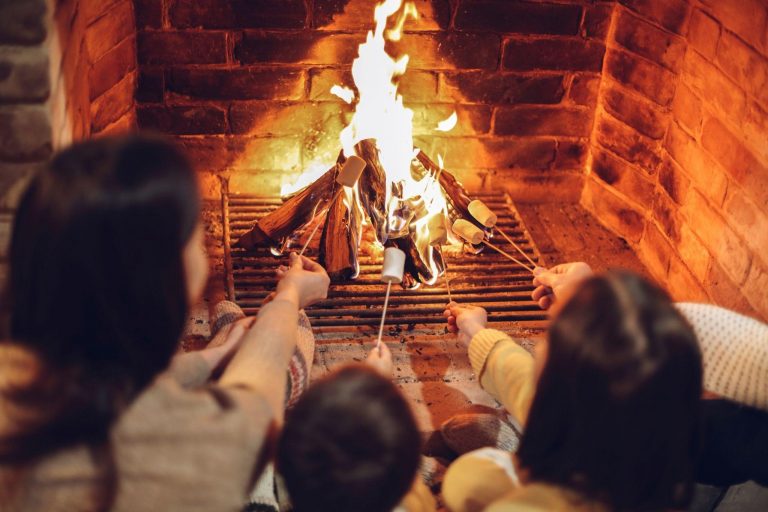
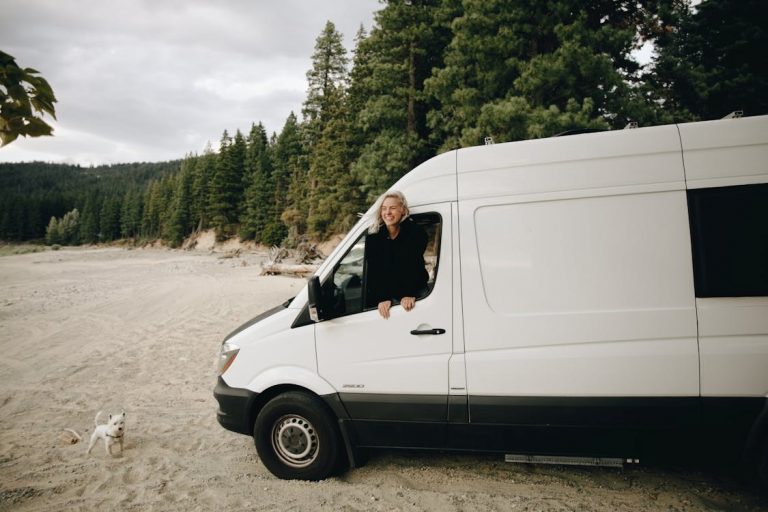
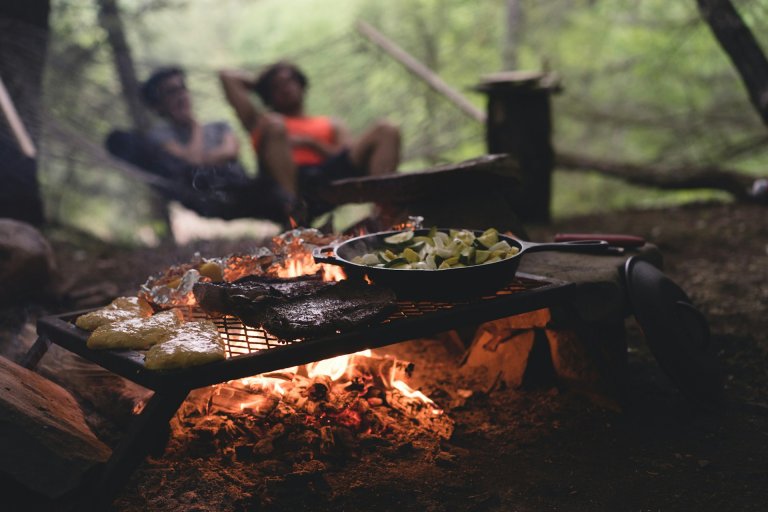
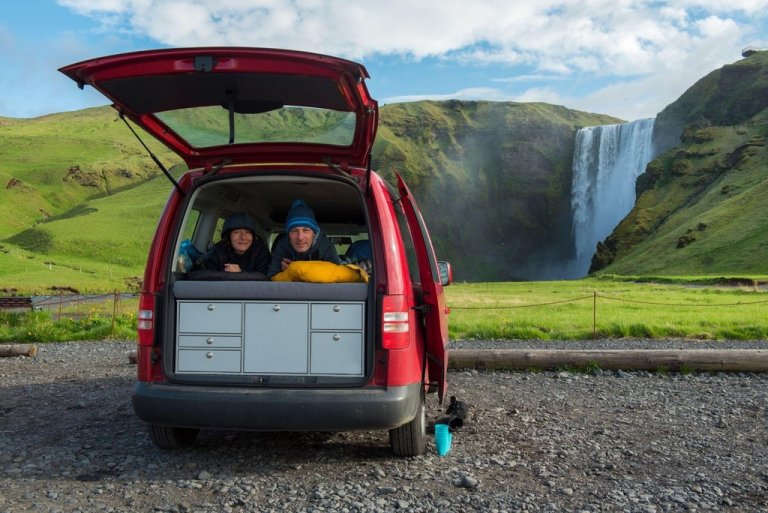


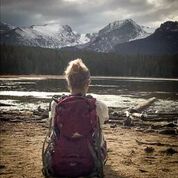
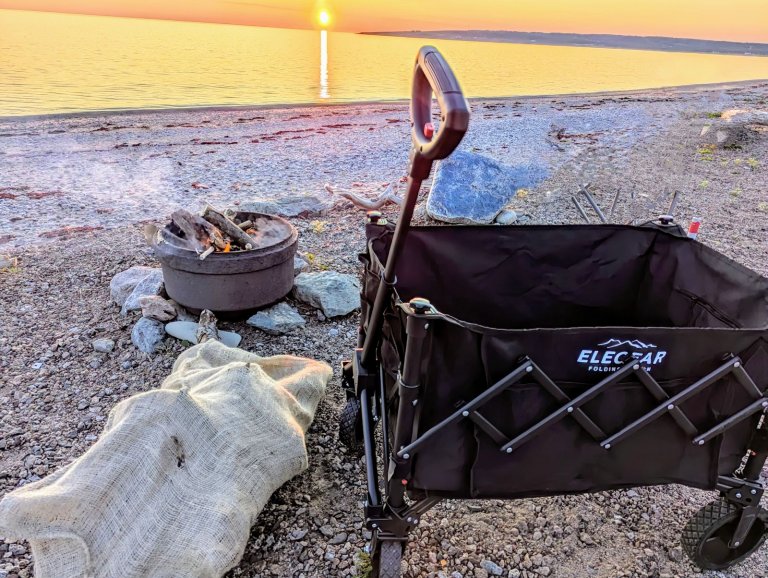
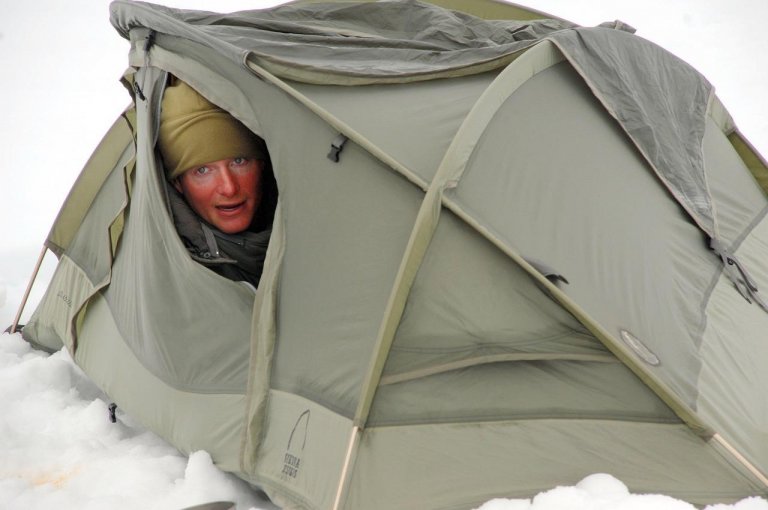

Leave a Reply